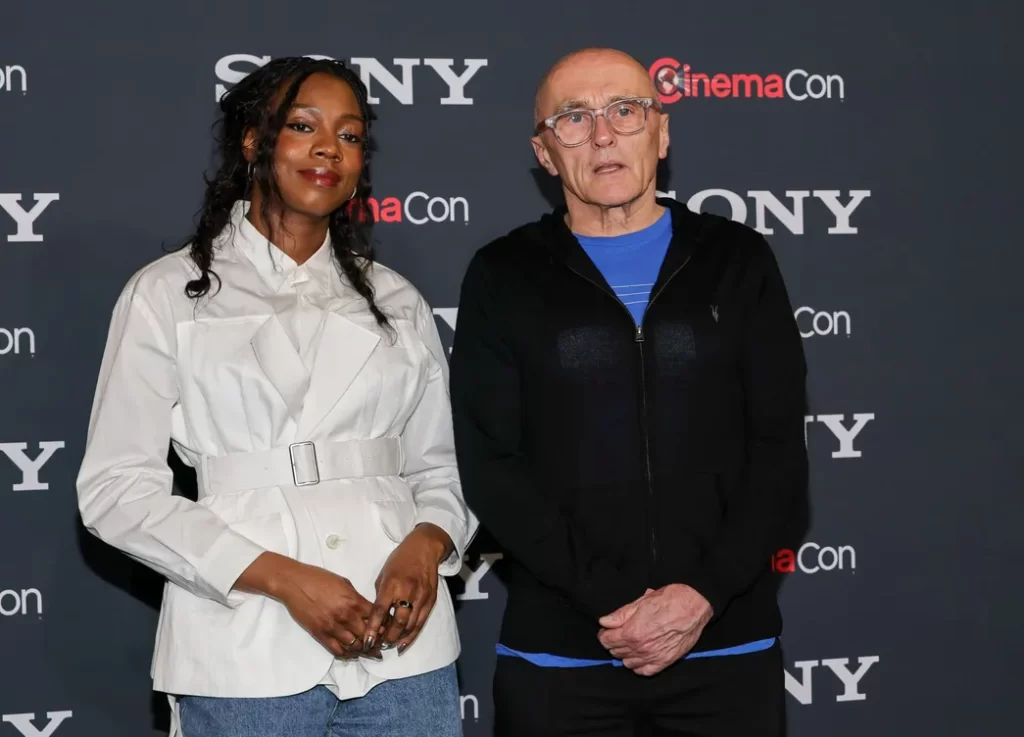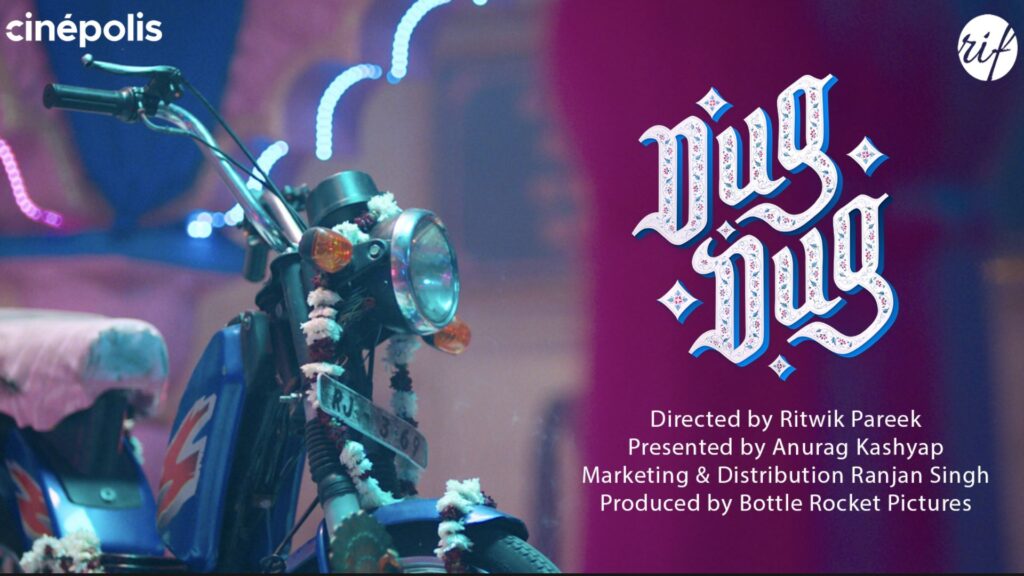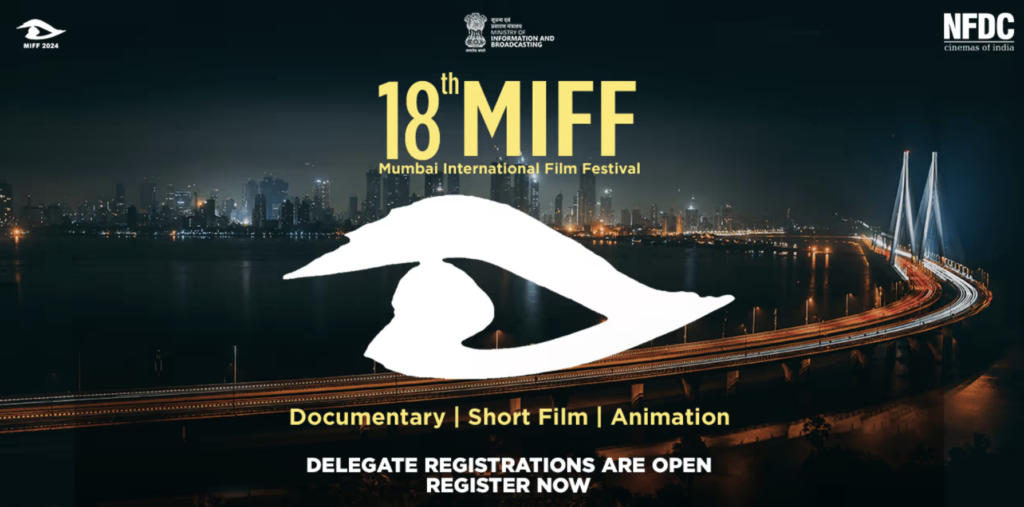CinemaCon 2025 is poised to be more than just a glitzy spectacle of Hollywood’s upcoming blockbusters, it is a battleground of cinematic ideologies, a global melting pot of transcultural narratives, transforming its iconic Colosseum into a cinephile’s paradise, and, as some skeptics argue, an echo chamber of the industry’s most deep-seated flaws. This year’s event is set to redefine the theatrical experience; the Independent Theatre Owners Coalition (ITOC) Program offers a forum for independent cinemas to share ideas on how to survive in a blockbuster-driven market, in collaboration with studios vying for dominance in an era where streaming still threatens the sanctity of the silver screen. Warner Bros. is rumored to unveil The Dark Knight Requiem, a spiritual successor to Nolan’s trilogy, though whispers from insider circles suggest Christopher Nolan himself is less than thrilled with its existence. Meanwhile, A24, the indie darling turned prestige powerhouse, will present Ghosts of Kyoto, an experimental cyberpunk samurai thriller directed by David Lowery, which insiders claim is already causing internal rifts over whether its hyper-stylized fusion of Kurosawa aesthetics and VFX leans into artistry or gimmickry.
This year is historic as Amazon MGM Studios makes its first-ever appearance on the main stage, along with several other industry legends presenting their upcoming film slates. The convention begins with the International Day Sit-Down Breakfast, which includes keynote speeches by Valmir Fernandes, President of Cinemark International, and Stephen Basil-Jones, EVP, Head of International Marketing at Sony Pictures Releasing International. Participants can expect to see exclusive first looks at upcoming blockbusters, with rumors of Maggie Gyllenhaal introducing her avant-garde horror film, The Bride, starring Christian Bale and Jessie Buckley. Aside from the glamour, the conference features a huge trade show floor showcasing the latest theater equipment and creative concessions. For attendees who want to dive into this film fest experience, on-site registration is available on Sunday, March 30, from 2:00 PM to 6:00 PM in the Florentine Ballroom. The week begins with “The Cinema Experience: Shifting Generational Preferences and Opportunities to Leverage Design to Optimize The Guest Experience,” a session that will explore how cinemas can keep up with the constantly changing tastes of patrons, especially the mysterious Gen Z. And talking about Gen Z, the “Refreshing the Future: Navigating Gen Z Trends and Industry Insights for Movie Theaters & Empowering the Next Generation of Cinema” panel will try to crack the code on the likes of this digital-born generation, presenting tips on how to make cinemas their favorite entertainment venues.

At sundown, Sony Pictures Entertainment and Barco will host a pre-event cocktail reception, with doors opening at 5:15 PM. This soirée is the ideal lead-up to the eagerly awaited “State of the Industry” speech and Lionsgate presentation, where studio insiders wonder if there will be surprise announcements on future projects. The celebration does not stop there with Fandango’s 25th Anniversary Party, commemorating a quarter-century of reinventing movie ticketing. Universal Pictures and DreamWorks Animation will captivate audiences with an immersive screening of the live-action remake of How to Train Your Dragon, a daring move that has people excited but on edge. The week wraps up with the CinemaCon “Big Screen Achievement Awards,” sponsored by The Coca-Cola Company, recognizing luminaries like Glen Powell, Channing Tatum, Ana de Armas, Lindsay Lohan, and legends Cheech & Chong for their work on the silver screen. The international presence at CinemaCon will be stronger than ever, with Indian cinema making an aggressive push into the IMAX-dominated blockbuster space, expect first looks at Mahabharata: War of Gods, a $200 million adaptation helmed by S.S. Rajamouli, which features a Hollywood A-lister in a yet-undisclosed role (some say Tom Hardy, others whisper Cillian Murphy). The event will also see the rise of Latin American horror, with Guillermo del Toro set to produce El Lamento, a film many insiders are calling “the Hereditary of Mexican folklore.”
Yet, for all its grandiosity, CinemaCon still suffers from its glaring Western bias—despite increased international participation, the festival remains predominantly structured around the Hollywood machine, with Asian and European studios relegated to mere token showcases rather than equal contenders. Furthermore, Sony Pictures electrified attendees with the official announcement of the fourth installment in the Spider-Man franchise, titled Spider-Man: Brand New Day. Tom Holland, reprising his role as Peter Parker, delivered the news via a video message from the set of Christopher Nolan’s The Odyssey, expressing his enthusiasm for the upcoming project and playfully assuring fans of his commitment to avoid spoilers. Zendaya is confirmed to return as MJ Jones-Watson, alongside Jacob Batalon as Ned Leeds and Jon Favreau as Happy Hogan. Notably, Sadie Sink, renowned for her role in Stranger Things, is set to join the cast in an undisclosed role, sparking widespread speculation about her character’s significance. Destin Daniel Cretton, acclaimed for directing Shang-Chi and the Legend of the Ten Rings, will helm the project, bringing his unique vision to the Spider-Man universe. The film is slated for release on July 31, 2026, with production commencing in the summer of 2025 in the UK. The subtitle Brand New Day references a pivotal 2008 comic storyline where Peter Parker’s identity is magically erased from public memory, a narrative thread that aligns seamlessly with the aftermath of Spider-Man: No Way Home, suggesting a fresh start for the character. This announcement has ignited fervent anticipation among fans and industry insiders alike, as the film promises to explore new dimensions of Peter Parker’s journey within the Marvel Cinematic Universe.
However, there’s also brewing discontent over the corporatization of the event; insiders suggest that Disney’s “Surprise Presentation” is a strategic maneuver to rehabilitate the image of the contentious Star Wars: Legacy trilogy. This trilogy has reportedly undergone three significant rewrites due to internal creative disagreements, leading to skepticism about the studio’s direction and intentions. Compounding the event’s contentious atmosphere is the inaugural panel on AI-driven filmmaking. The inclusion of this panel has ignited debates about the role of artificial intelligence in the creative process, especially in scriptwriting. Notably, Andor creator Tony Gilroy has opted not to publish the show’s scripts, expressing concern that they could be used to train AI systems, thereby potentially undermining human creativity. This apprehension is echoed by the Writers Guild of America (WGA), which has been vocal about the need to establish clear boundaries for AI in the industry. The WGA’s concerns include preventing AI from writing or rewriting literary material and ensuring that union-covered content isn’t used to train AI models. The debate underscores a broader industry-wide anxiety about the potential for AI to diminish the role of human writers, with some referring to AI systems as “plagiarism machines” due to their reliance on existing works to generate new content. CinemaCon 2025 is poised to be a pivotal moment for the film industry, not just for its high-profile announcements but for the critical conversations it must foster. The inclusion of panels on AI-generated scripts has ignited a firestorm of debate, with industry stalwarts like James Cameron voicing concerns over the emotional sterility of AI-crafted narratives. Cameron asserts its reduction of complex human experiences to mere “word salad.” The inaugural panel on AI-generated scripts has ignited fervent debates, with creators like Tony Gilroy expressing apprehensions about the potential erosion of artistic integrity. This discourse underscores a broader existential question: can the soul of storytelling endure in an era increasingly dominated by algorithmic creation? As CinemaCon unfolds, it’s imperative that the industry confronts these challenges head-on. The future of cinema hinges on a delicate balance: embracing technological advancements without compromising the human touch that breathes life into storytelling. Failing to address these concerns may lead to a homogenized cinematic landscape, devoid of the emotional resonance that has long defined the art of filmmaking.


